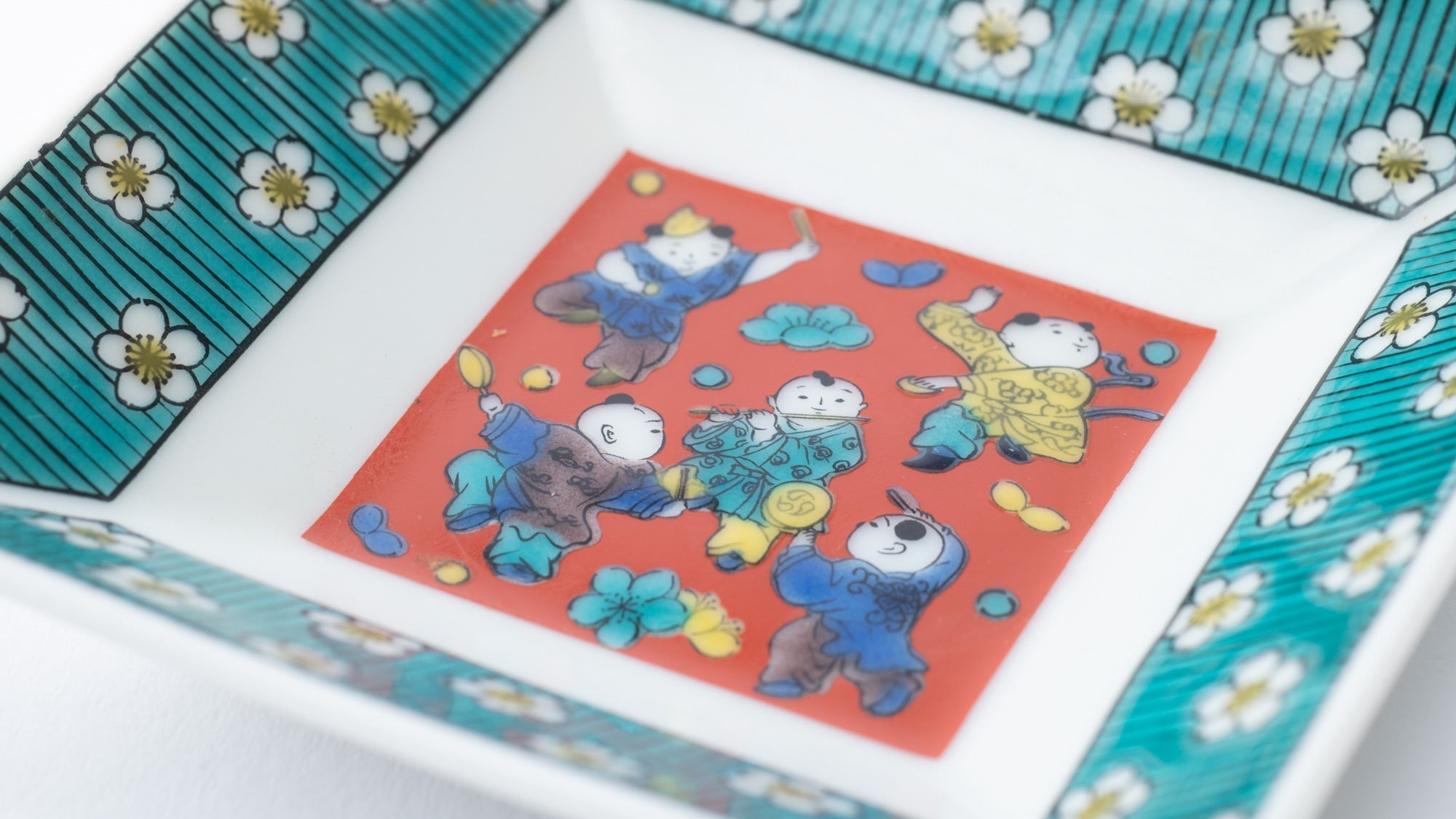
What is Kutani Mokubei Style?
Written by Team MUSUBI
Mokubei is a style characterized by filling blank spaces with calming red pigments. Many of these works are designed in a harmonious manner–filling entire vermillion-painted canvases with paintings of people and white elephants. Works depicting Karako–children in Chinese hairstyles and clothing playing, etc., are also common, and hold a charm that offers its audience a sense of tranquility. Additionally, looking at the varying facial expressions of the painted persons is enjoyable and draws the viewer into the world depicted on pottery pieces.
The Mokubei style is one of the traditional patterns representing Kutani ware, created under the guidance of Aoki Mokubei, a potter from Kyoto, in order to revive Kutani ware approximately 100 years after production had ceased. The entire surface is painted red, depicting people and other objects in Kutani Gosai–the five colors of Kutani ware (green, yellow, purple, navy, and red).
Aoki Mokubei
Mokubei judged the temperature of the kiln by the crackling sound emitted from the burning fire inside. His ears were always red and swollen, but he never changed his method and continued making pottery before he fully recovered. This consequently led to a loss in hearing later in life. Mokubei's strong passion for creating such artworks may have ignited the hearts of the youth and led to the revival of Kutani ware.


The painting style of Kutani Gosai, centered on painting in vermillion, brings a brightness to everyday life. Just one piece of Kutani ware is enough to make your dining table bloom. At Musubi Kiln, we offer a range of playful and modern Mokubei-style works–including those with adorable cat designs! Please take a look at the Kutani ware collection page.










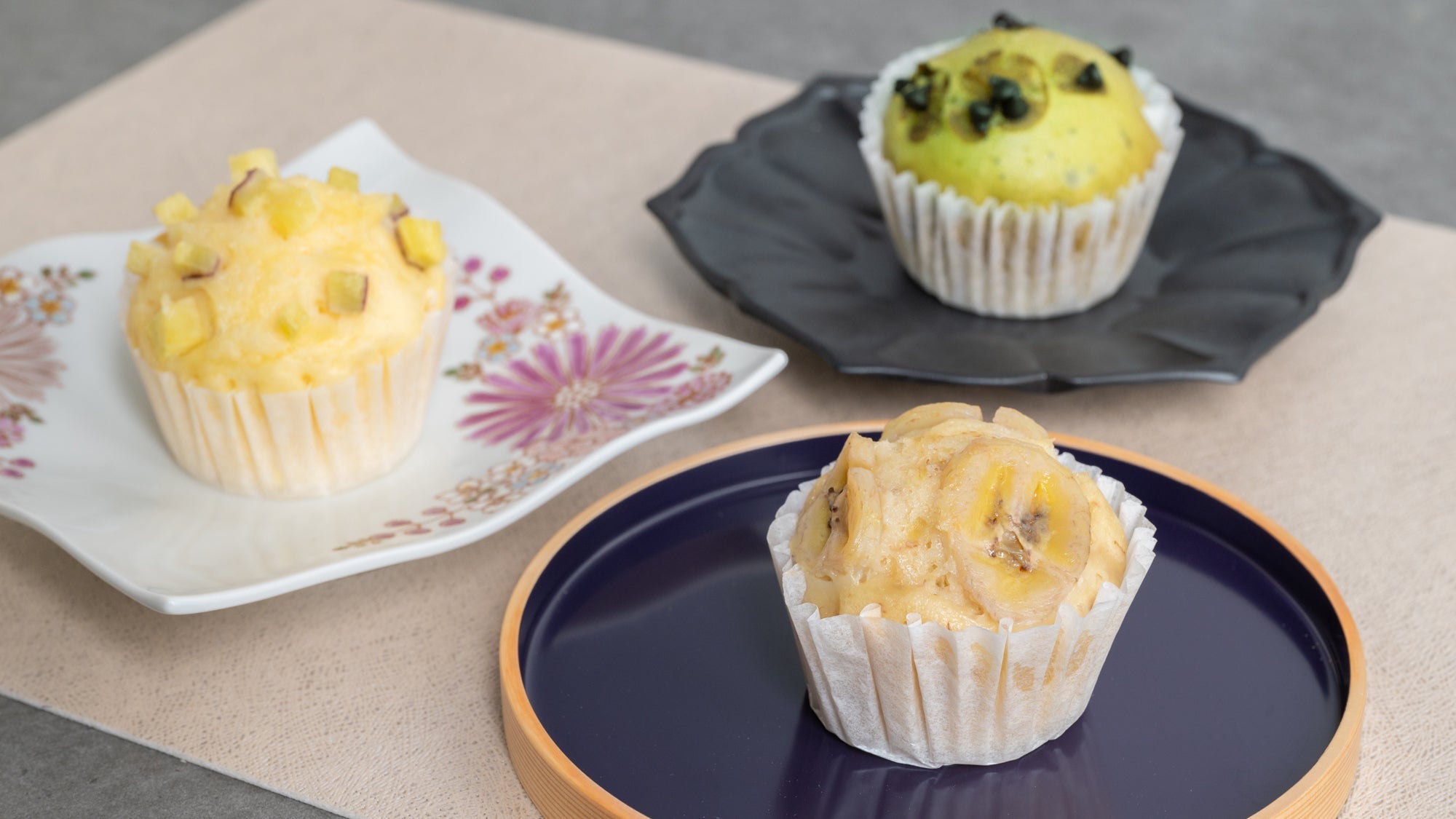
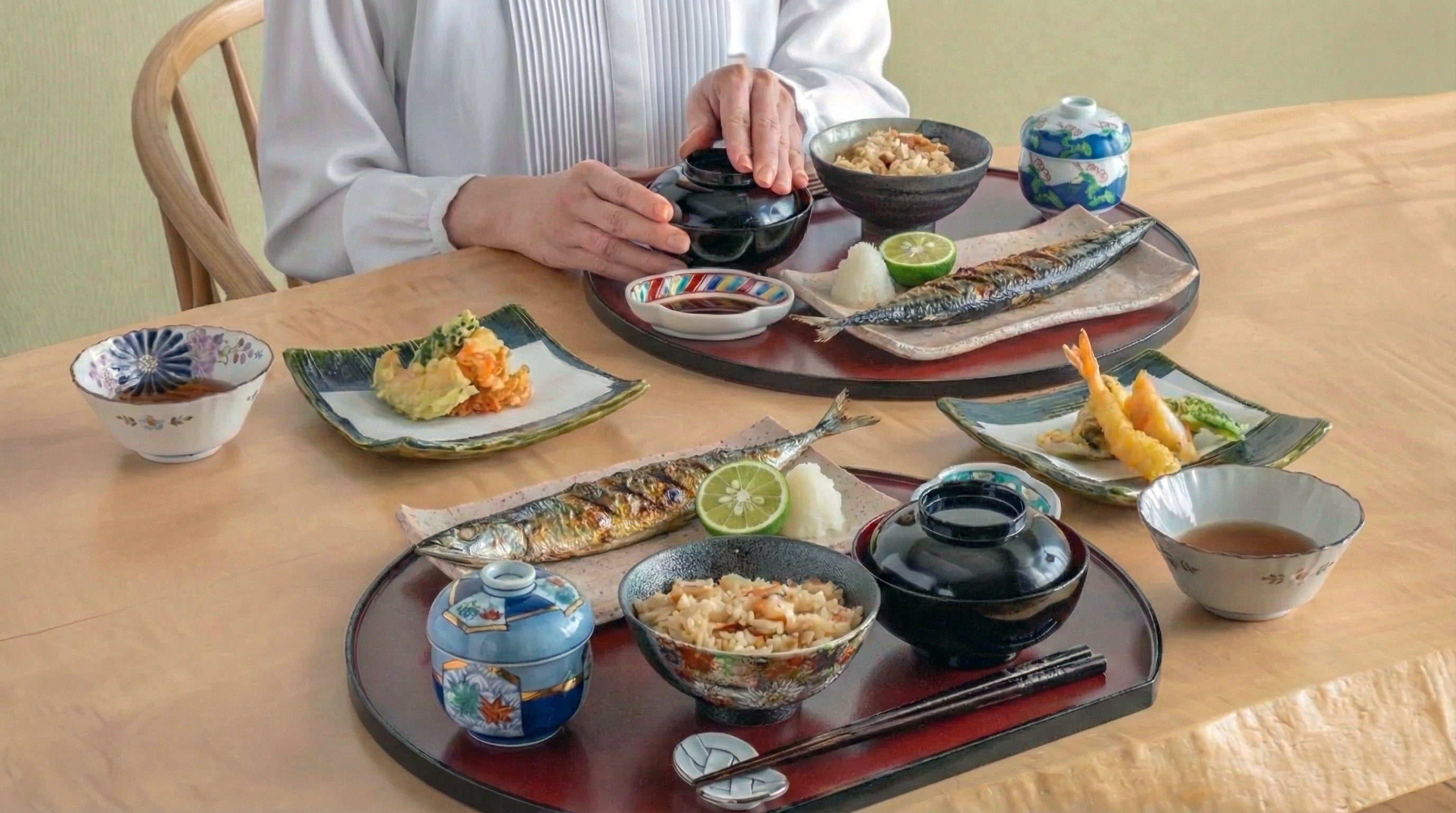
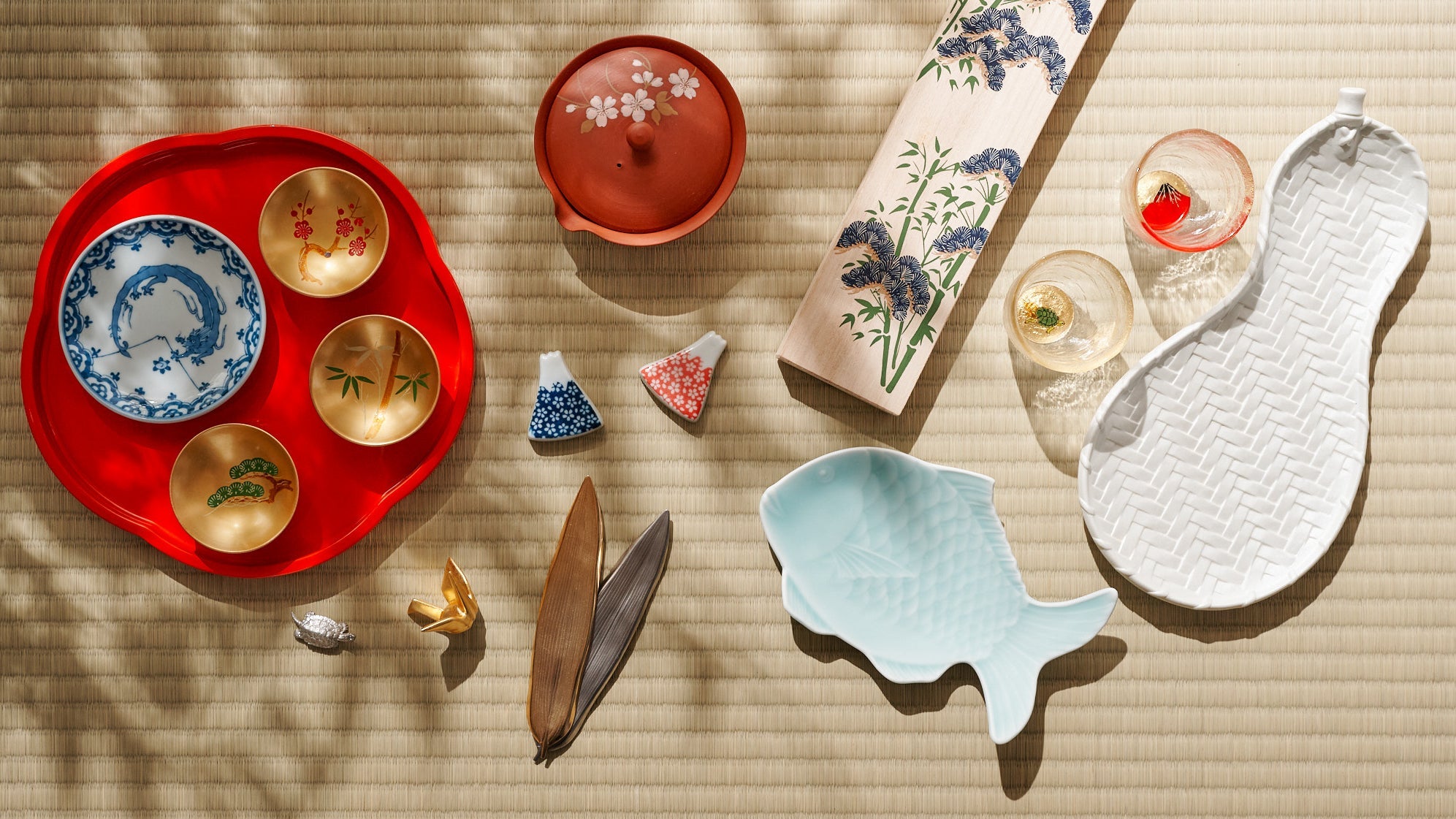
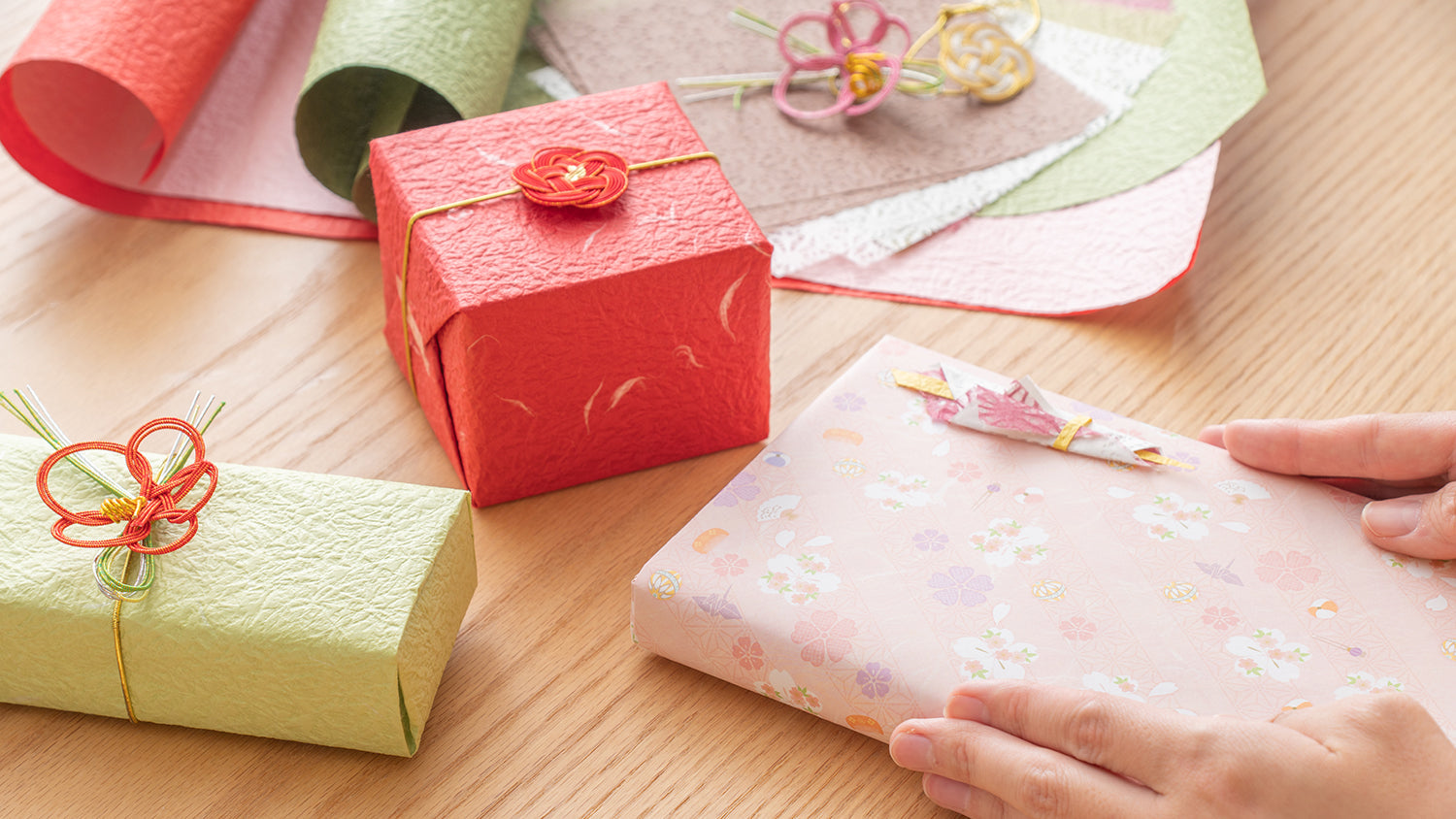
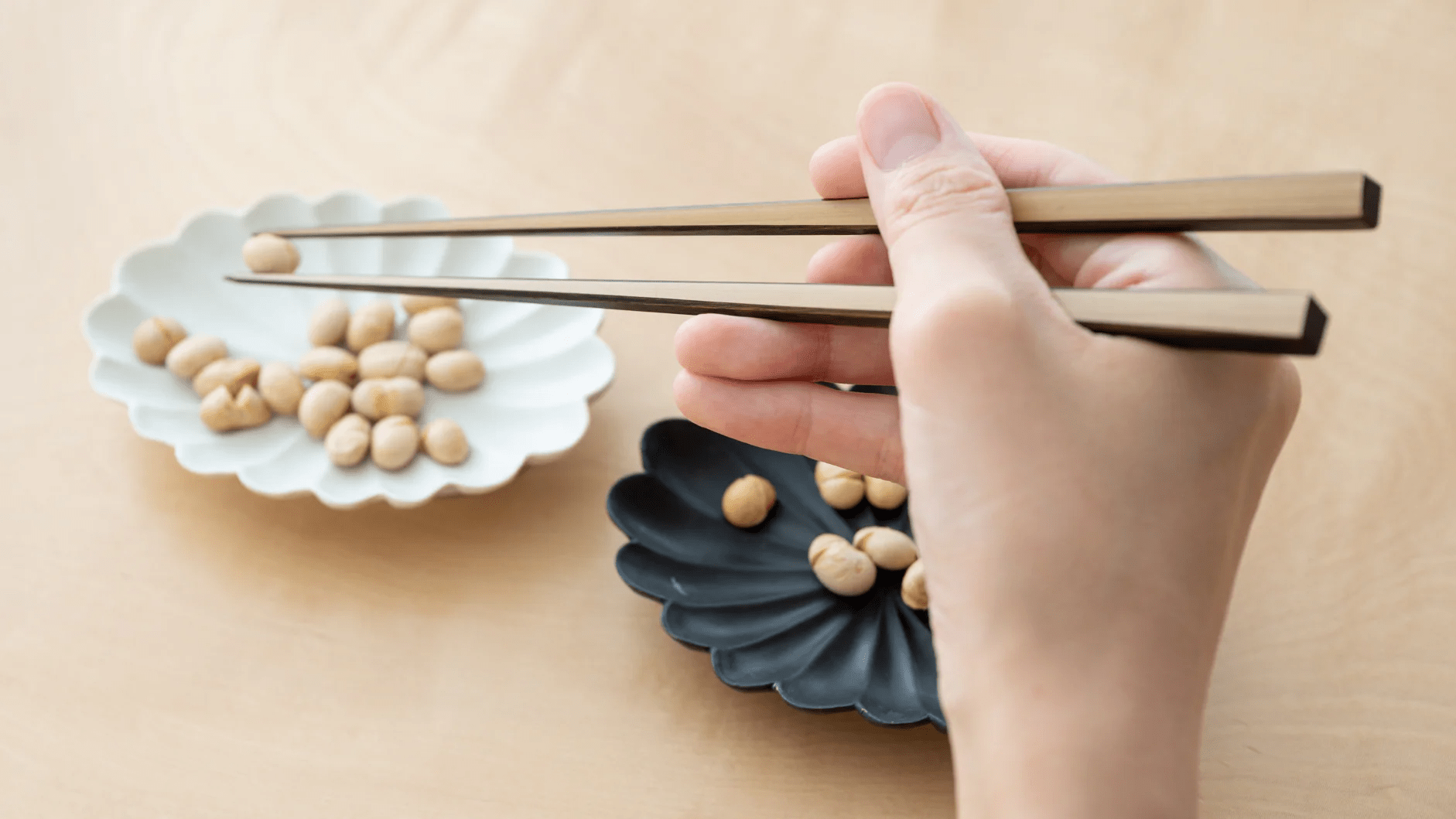
Leave a comment
This site is protected by hCaptcha and the hCaptcha Privacy Policy and Terms of Service apply.